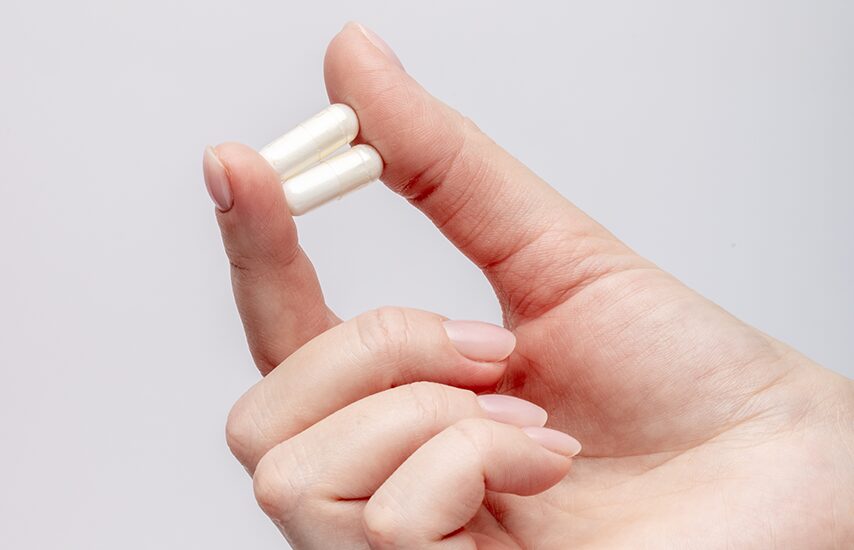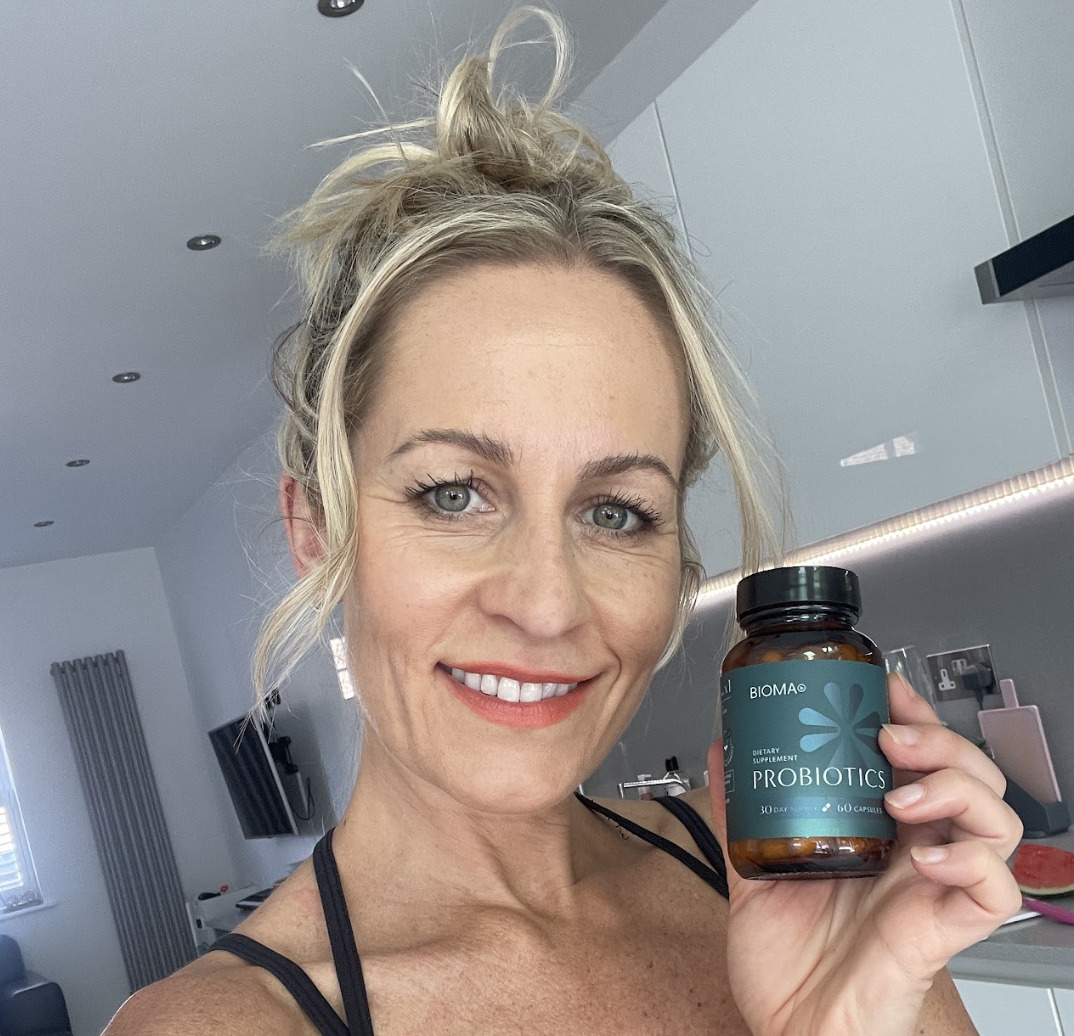IBS vs. IBD vs. Leaky Gut: What’s the Difference?

Understanding the differences between irritable bowel syndrome (IBS), inflammatory bowel disease (IBD), and leaky gut syndrome is important for anyone dealing with digestive distress. While these conditions all involve the gut, they have different causes, symptoms, and management strategies. In this article, we will break down each condition, how they differ from each other, and how probiotics can play a role in improving gut health for those suffering from these issues.
What is IBS (Irritable Bowel Syndrome)?
Irritable bowel syndrome (IBS) is a functional digestive disorder that primarily affects the large intestine (colon). Unlike IBD, IBS doesn’t cause inflammation or permanent damage to the digestive tract. Instead, it’s thought to be linked to abnormalities in how the gut functions, leading to symptoms such as abdominal pain, bloating, diarrhea, and constipation. The exact cause of IBS is not fully understood, but it is believed to involve a combination of factors, including gut motility issues, food intolerances, and stress.
A healthy gut microbiome plays a crucial role in managing IBS symptoms. An imbalance in gut bacteria can contribute to the symptoms of IBS, particularly those related to digestion and gut sensitivity. Studies have shown that probiotics, such as Bioma Probiotics for IBS, can help restore the balance of beneficial bacteria in the gut, which may reduce symptoms such as bloating, abdominal discomfort, and irregular bowel movements.

What is IBD (Inflammatory Bowel Disease)?
Inflammatory bowel disease (IBD) includes two conditions: Crohn’s disease and ulcerative colitis. Both involve chronic inflammation in the digestive tract, which can lead to significant damage to the intestines over time. While IBS primarily affects gut function, IBD causes structural damage, including ulcers, scarring, and even fistulas in severe cases.
Crohn’s disease can affect any part of the gastrointestinal tract, from the mouth to the anus, whereas ulcerative colitis mainly affects the colon and rectum. The inflammation in IBD can cause a wide range of symptoms, including diarrhea (often with blood), weight loss, fatigue, and pain. Unlike IBS, IBD is a more severe condition that requires specific medical treatment to manage inflammation and prevent complications.
While probiotics alone aren’t a cure for IBD, studies have shown that certain strains of probiotics may help reduce inflammation and support the gut microbiome in individuals with IBD. Probiotic supplementation, when used in conjunction with other treatments, could help support gut health and improve symptoms for those suffering from IBD.
What is Leaky Gut Syndrome?
Leaky gut syndrome, also known as increased intestinal permeability, occurs when the lining of the small intestine is damaged. This damage causes the spaces between the cells lining the gut to widen, allowing undigested food particles, toxins, and harmful bacteria to leak into the bloodstream. The immune system then reacts to these foreign invaders, triggering inflammation and potentially contributing to various health issues.
Leaky gut syndrome is not yet officially recognized as a medical condition, but it is widely discussed in alternative medicine circles. Researchers believe that leaky gut can contribute to conditions such as autoimmune diseases, allergies, chronic fatigue, and digestive issues like IBS. It’s thought that a disrupted microbiome, stress, poor diet, and certain medications may all contribute to the development of leaky gut syndrome.
The treatment for leaky gut often involves improving gut health through dietary changes, supplements, and lifestyle modifications. Probiotics can help restore the balance of beneficial bacteria in the gut, reduce inflammation, and improve gut permeability. Bioma Probiotics for IBS may be particularly useful for those with leaky gut, as it can help promote gut healing and balance.

Key Differences Between IBS, IBD, and Leaky Gut
Although IBS, IBD, and leaky gut all affect the digestive system, they are distinct conditions with different causes and effects:
- IBS is a functional disorder that does not cause damage or inflammation in the gut. It is mainly characterized by digestive discomfort, such as bloating, diarrhea, and constipation.
- IBD involves chronic inflammation in the gastrointestinal tract, leading to symptoms like diarrhea, blood in the stool, and weight loss. Unlike IBS, IBD can cause permanent damage to the intestines and may require medical intervention.
- Leaky gut is a condition in which the intestinal lining becomes damaged, allowing harmful substances to leak into the bloodstream. This can trigger systemic inflammation and contribute to a range of health issues.
Probiotics for Gut Health: A Potential Solution for IBS and IBD
Probiotics are beneficial bacteria that can support the gut microbiome. For those with IBS, IBD, or leaky gut, taking the right probiotics can help restore microbial balance, improve digestion, and reduce inflammation.
Bioma Probiotics for IBS is specifically designed to support individuals with IBS. It contains carefully selected strains of probiotics that help replenish beneficial bacteria in the gut, supporting digestive health and improving gut motility. By helping to restore the balance of bacteria in the gut, probiotics can help alleviate common IBS symptoms such as bloating, constipation, and diarrhea.
In the case of IBD, some studies suggest that probiotics may help reduce inflammation and improve the gut microbiome, but they should be used alongside medical treatment. While probiotics cannot cure IBD, they may help reduce flare-ups and improve overall gut health, potentially reducing the need for medications.

Scientific Research on Probiotics for Gut Health
Recent studies have shown that probiotics can play a crucial role in managing gut health disorders such as IBS, IBD, and leaky gut syndrome. A study found that probiotics were effective in reducing symptoms of IBS, including abdominal pain and bloating. This highlights the potential of probiotics like Bioma Probiotics for IBS to help restore balance and improve gut health.
Another study reviewed the effects of probiotics in patients with IBD. The study concluded that specific probiotic strains could help reduce inflammation and improve the gut microbiome in individuals with ulcerative colitis. This research supports the idea that probiotics can play a role in managing IBD by promoting gut health and reducing inflammation.
Taking Control of Your Gut Health
Understanding the differences between IBS, IBD, and leaky gut syndrome is essential for managing these conditions effectively. While IBS is a functional disorder, IBD involves chronic inflammation and tissue damage, and leaky gut syndrome involves a breakdown of the intestinal lining.
Probiotics, such as Bioma Probiotics for IBS, offer a natural way to support gut health and restore balance to the microbiome. Whether you’re dealing with IBS, IBD, or leaky gut, incorporating the best probiotic for ibs into your daily routine may help alleviate symptoms, improve digestion, and support overall gut health. However, it’s important to work with a healthcare professional to develop a treatment plan that works for you.

By taking the time to understand your gut health and how it affects your overall well-being, you can take proactive steps toward a healthier gut and a more comfortable life.
Related articles






